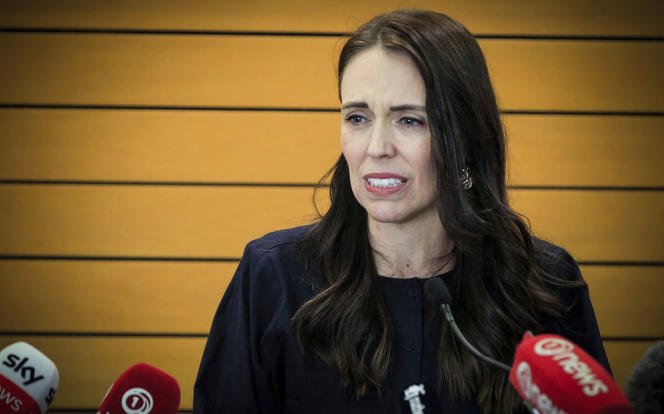A Reflection on Jacinda Ardern and New Zealand’s Future
lemonde.fr
“Heavy is the head that wears the crown.”
Jacinda Ardern announced her resignation as New Zealand’s Prime Minister on January 19th and in doing so shocked her country and nations worldwide. She cited a desire to spend more time with her partner and daughter and an inability to commit to another four years, stating that New Zealand “needs a fresh set of shoulders”. Her decision follows a recent global political trend in the 21st century in which premierships have grown increasingly shorter with a quicker turnover of politicians. Indeed, from Italy’s six Prime Ministers in a decade to Britain’s unprecedented case of three Prime Ministers in three months, there seems to be a monumental shift in the longevity of leaders worldwide. This begs the question of the true reason behind Jacinda Ardern’s resignation – is the job of being Prime Minister truly becoming harder or was it Ardern’s own actions that led to this decision that may change the face of New Zealand politics forever?
Jacinda Ardern came to power in 2017 as the 40th prime minister as part of New Zealand’s Labour Party and was supported by a wave of populism or, as it was known at the time, Jacindamania. Her optimism, strength, and charisma were endearing to voters, especially women and the young, and led to an increase in Labour’s preference polling numbers. Her policies since have differed in effect and, whilst initially popular, fell victim to increased criticism as the years passed. The most prominent example of this was her response to the pandemic which, whilst the greatest policy in her first term in office as seen with the low rates of infection she maintained and her Party’s landslide election in 2020, made her an extremely divisive figure, especially towards the end of 2021. She drew backlash and protests from right-wing, anti-vaccine groups who called it an ‘overreach’ from the state and later received criticisms from economists due to the numerous lockdowns that kept New Zealanders at home and their borders closed. Similarly, her domestic policies to fulfil electoral promises such as attempting to halve child poverty within a decade and increasing main welfare benefits also helped her gain support but were later criticised in 2022 during the cost-of-living crisis as lacking systemic changes that would have ensured initial gains to last. Her decline in support can be further emphasised by decreasing figures for the Labour Party in recent popularity polls with one conducted in December showing how support for NZ Labour had sunk to its lowest since 2017. Despite this, Ardern was still the most popular choice for prime minister amongst other candidates fit for the role which brings many to question whether another more important force was at play.
With a rise in the new media and unprecedented crises like the global pandemic and one of the worst financial recessions, leadership and management of entire nations have come under the heaviest global scrutiny yet. Long-standing democratic countries have seen 22 new leaders in office since the pandemic hit in 2020 already, with countries like Austria and Greece seeing leadership turnovers of eight and seven respectively. The age of social media has undoubtedly played an important role in this with demands for instant apology and accountability eventually turning into calls for resignation if the former criteria was not fulfilled. This has led to a more volatile world of politicking and crises of leadership in several countries as seen with the UK’s government crisis in October 2022 and protests against leaders in China, Brazil and Peru more recently. The increasing pressures that come from being PM are certainly applicable to Jacinda Ardern’s resignation who reflected similar sentiments in her speech on the day of her resignation stating that "I know what this job takes and I know that I no longer have enough in the tank to do it justice.”
Following Ardern’s resignation, Chris Hipkins is expected to take on her role as Prime Minister starting from the 25th. Only time will tell whether he will continue with building on his predecessor and Labour colleague’s legacy or build his own.
by Connie Kiew

